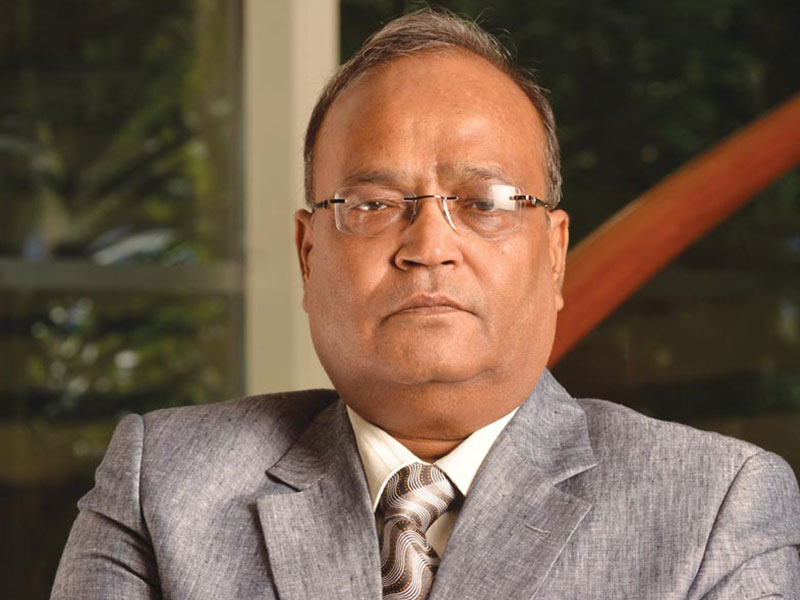 Damodar Goyal
Damodar Goyal
President, Society for Unaided Private schools of Rajasthan
A commerce graduate of Rajasthan University, Damodar Prasad Goyal is president of the Society for Unaided Private Schools of Rajasthan (estb.1997). Under his leadership, the society challenged s. 12 (1) (c) of the RTE Act, 2009 which mandated that all private schools reserve 25 percent capacity in elementary school (class I-vIII) for poor children and provide them free-of-charge education with partial reimbursement from state governments. The society’s writ petition was partially upheld by the Supreme Court. Goyal is also management consultant to a large number of private schools across the country.
How have private schools responded to the Covid-19 disruption?
The Covid-19 pandemic broke abruptly and schools were not prepared to deal with the situation. However given their commitment to the cause of continuous learning, private school managements and teachers have ensured that children’s education continues with minimal disruption. Accessing off-the-shelf readily available technology, within no time teachers started e-teaching through videos, work-sheets, assignments and interactive classes.
What are the major challenges confronting K-12 education in the new Covid-19 era?
A major challenge is the negative attitude of parents, media and government towards private schools. They seem to be unaware that the Covid-19 pandemic has adversely affected everyone, including school promoters and managements. Schools are being denied their legal right to collect fees which are urgently needed to pay the salaries of teachers and staff and keep the private school system alive.
Secondly, I have apprehensions that parents might hesitate to send their children to pre-primaries, boarding schools and abroad, in the near future.
A large number of middle class households may shift their children from high-end to relatively lowcost schools. Moreover, providing co-curricular, sports and life skills education will become a great challenge for school managements.
Several state governments have issued fees waiver/ deferment circulars to private school managements. What’s your comment?
Neither the Central nor state governments have the authority to interfere in bilateral financial transactions/ commitments between parents and schools. Driven by political compulsions state governments are issuing orders without considering the plight of teachers and other employees of schools. As a result, even parents who are perfectly capable of paying contracted school fees are waiting for government fee waiver orders. However, they should bear in mind that if the private education system collapses, it may take years to revive. Responsible governments should be sensitive towards all — including vitally important private schools — and not just parents.
What are your Top 3 proposals for reviving and reforming the K-12 education system in India?
First, schools have to reinvent themselves. The prime lesson of the Covid-19 pandemic is that technology must be infused into classrooms to aid and enhance learning outcomes. Secondly, schools should learn to reduce their expenditure to make education pocket-friendly. Third, the Central and state governments should double their annual education budgetary outlays for public education, so that quality education becomes accessible to financially disadvantaged households.
What are your future plans?
To educate parents to understand that fee payment to schools is not expenditure, but necessary investment and to effectively communicate to Central and state governments the message that the private education sector is critical for national development.



























